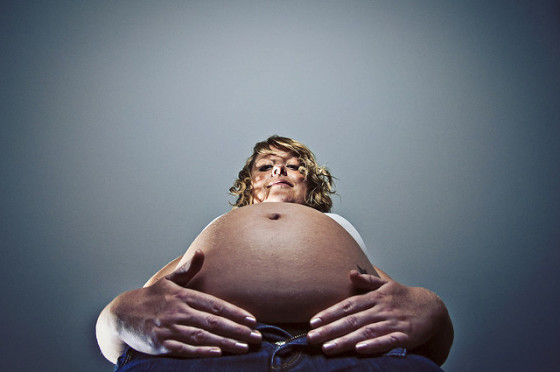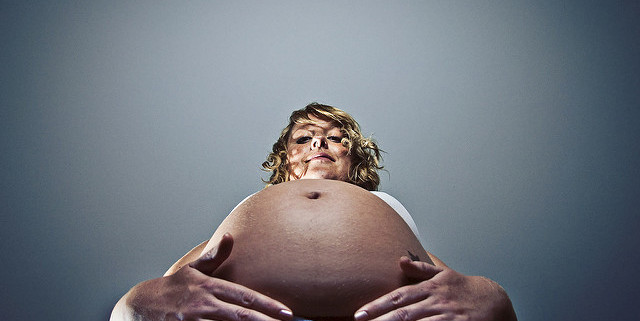Surprising Body Changes During Pregnancy

Contents
Internal Body Changes During Pregnancy
As your pregnancy progresses, your body produces a variety of hormones to help you and the baby stay healthy. Those hormonal changes help you start to produce breast milk and help your uterus prepare for delivery, but they can also cause mood swings and hot flashes. There are also a number of other internal body changes during pregnancy.
Lungs
Growing a baby is hard work and your body has to change to accommodate it. Your lungs, for example, now have to provide oxygen to the placenta and the baby. That means that as your pregnancy progresses, you may find yourself breathing more rapidly than usual. You may also feel out of breath after minor exertions – even as little as walking up a few steps!
Cardiovascular System
Similarly, your heart is now pumping for both you and the baby. Your circulating volume – the amount of blood flowing through your body – will increase dramatically. Your heart has to work harder to move all of that blood, which can increase your resting heart rate and may cause low blood pressure. That means you might get lightheaded when you sit up or stand up.
Digestive Tract
As the baby grows, your uterus will start to push up against your other organs, including your stomach and your bladder. The pressure on your stomach can cause heartburn and acid reflux. The pressure on your bladder means it can store less urine. Combined with the fact that your kidneys are working overtime to filter out all that blood, this means you’ll need to use the restroom frequently. You may experience urine leakage due to the pressure in late pregnancy. In addition, pregnancy hormones can make you constipated.
Skeleton
If you’ve ever seen a picture of a pelvis, you may wonder how on earth a baby could ever fit through there. The answer is that it couldn’t – so your skeleton actually changes during pregnancy. Your body produces increased levels of a hormone called “relaxin” that loosens the ligaments that hold your skeleton together. During delivery, that will help allow the baby to pass through your pelvis.
Unfortunately, relaxin doesn’t just target your pelvis. That means you may experience joint pain, especially back pain, as your ligaments loosen in preparation for pregnancy. It also means you may be at higher risk for injuries to your joints, which means you’ll need to be mindful of your exercise regimen during your pregnancy.
External Body Changes During Pregnancy
In addition to the changes that you can’t see (although you may be able to feel them!), there are a number of external body changes during pregnancy.
Breasts
You may already know about this one, but your breasts will swell over the course of your pregnancy as they prepare to produce breast milk. They may feel tender and uncomfortable and, toward the end of pregnancy, may start to leak colostrum. That’s a yellowish, watery pre-milk substance.
Teeth
Pregnancy takes a lot of calcium. If you’re not getting enough in your diet, your body may leech it from your bones. There’s an old wives’ tale about losing a tooth with every pregnancy, but it turns out that your body won’t actually pull calcium from your teeth. However, pregnancy hormones do change your gums and make you more susceptible to gingivitis. If you already have gingivitis, pregnancy can make it worse. That means you need to pay extra attention to your dental hygiene habits to avoid developing long-term dental problems.
Skin
We hear a lot about how pregnant women have that “glow” – and some of them do! However, not everyone gets a perfect, dewy complexion during pregnancy. All those hormones can cause a number of skin changes, including acne and rashes.
In addition, those same hormones may cause hyperpigmentation (darkening) of the nipples, the abdominal midline (passing vertically through your bellybutton), and the face. That hyperpigmentation will typically go away after pregnancy. You may also develop spider veins due to the pressure on your circulatory system. Finally, most women develop stretch marks on their bellies, thighs, breasts, and buttocks as their skin stretches to accommodate the growing baby.
Feet
Your feet have a hard time while you’re pregnant. They’re carrying the extra weight of your growing baby bump. They’re also prone to swelling and soreness because of the extra circulating volume in your system. Finally, the relaxin that’s helping prepare your pelvis for delivery is also loosening the ligaments in your feet and ankles. In addition to being sore and swollen, your feet may actually grow a half to a full size during pregnancy. In some cases, that growth is permanent.
You can minimize the strain on your feet by sticking to supportive shoes and avoiding excessive weight gain.
Hair And Nails
There’s good news and bad news about your hair. First, the good news – it may feel thicker, fuller, and healthier during pregnancy. You’re not actually growing more hair, but pregnancy hormones cause you to shed hair less frequently. Now for the bad news – that’s also true of facial and body hair. Your nails may also grow faster, and some women notice that their nails become harder or softer.
Your Body Changes During Pregnancy – And It’s Worth It
Pregnancy is more than just a growing belly – it affects every part of your body. It can be a little overwhelming to face all these changes, but in the end it’s all for the good of your growing little one. Most of them will revert to normal after pregnancy and you’ll be too busy marveling at your new arrival to notice the rest.
Did you experience unexpected body changes during pregnancy? Tell us about it in the comments!
Image Credit and License








Leave a Reply
Want to join the discussion?Feel free to contribute!